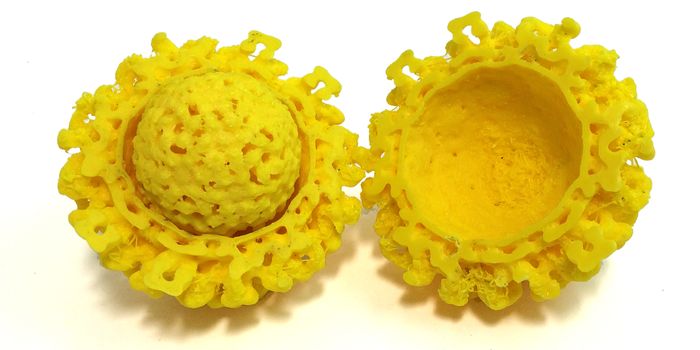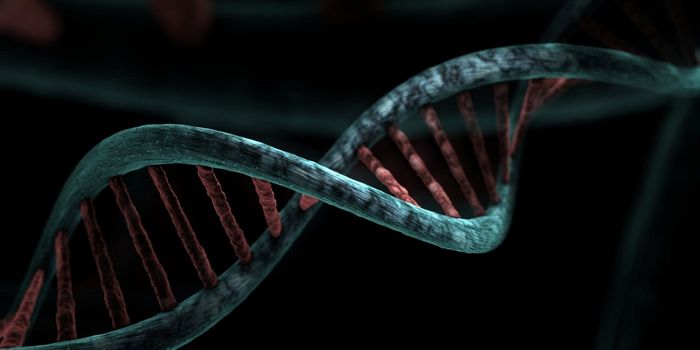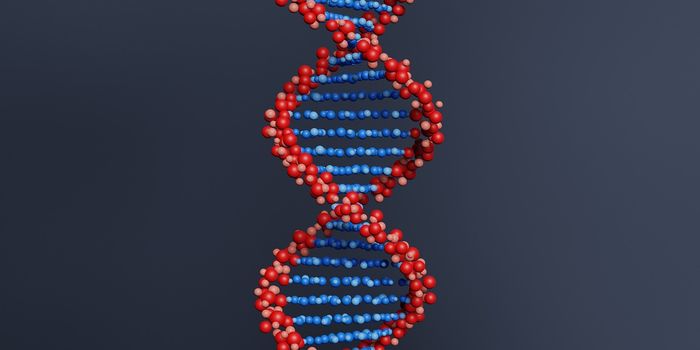Reverse Vaccinations Tame the Immune System to Help Hemophilia Patients
In patients with hemophilia A—a hereditary disorder where the blood cannot clot properly—their immune systems are their own worst enemies. Doctors typically prescribe them drugs to replace the function of the proteins and enzymes they lack. However, the patients' immune systems mistakenly perceive these drugs as threats, launching a full-blown attack on the therapeutic molecules, rendering them inactive.
Researchers at the University of Buffalo have developed a new approach to helping treat these patients: reverse vaccinations.
“The safety and effectiveness of several life-saving therapeutic drugs are compromised by anti-drug antibodies. Once antibodies develop, clinical options available for patients become expensive and, in several cases, ineffective,” said Sathy Balu-Iyer, who led the study.
To protect the active ingredient, the team paired it with lysophosphatidylserine (Lyso-PS), a natural component of cell membranes. This nanoparticle fusion of drug and fatty acid molecules is designed to trick the patients' own immune system into thinking that it isn't a target.
Hemophilia A is a rare condition that affects one in 5,000 men. The standard treatment for hemophilia A patients is an infusion of recombinant factor eight (rFVIII), which is the missing blood-clotting protein or enzyme they need to heal their wounds or stop bleeding.
However, there are two key issues with current clinical strategies to manage hemophilia: they're incredibly expensive (over $700,000 annually) and a third of patients experience adverse reactions to the treatment because their bodies produce antibodies to rFVIII.
The newly-designed Lyso-PS nanoparticle overcomes these limitations, with the reverse vaccination shown to minimize the generation of antibodies against FVIII by 75 percent.
Importantly, the research team found that this approach is effective in all five of the hemophilia A patients who were injected with it. Four out of five patients had no anti-FVIII antibody levels detectable by enzyme-linked immunosorbent assay (ELISA).
Promisingly, the nanoparticles can be delivered either intravenously or orally, which would make it easy for patients to keep on track with their treatment regimes. This is because the new Lyso-PS nanoparticle is designed for optimal cellular uptake, binding and survival in the digestive tract.
The study was featured in Scientific Reports.









